Neville Selhore (d29.12.17) is and always shall be a hero of mine. An inspirational understated, firebrand hero of the poor, the forgotten and those that our societies conveniently forget as they are not politically deserving of airtime or our public purse.
Neville Selhore was the spiritual leader of Sahara, a therapeutic Christian community based in Delhi that focussed on working with drug addicts, those living and dieing of HIV and AIDS, caring for women and children and the Hijra’s or transgender community. I first met Neville in the late 90’s when my wife and I were travelling in India on our way to a wedding. We had arranged to visit Sahara Men’s rehab centre, as Ruth was convinced Neville and I would get along famously. She wasn’t wrong. We hit it off instantly. Neville’s dry sanguine humour, uncompromising commitment to the most marginalised in Indian society, his open hearted hospitality for the destitute and dieing, and unswerving faith in God’s provision and justice for the poor was an instant challenge to my then more sober development theory based approach to working with the poor.
As my work in Fairtrade Jewellery developed in its early years, I would spend a lot of time travelling in India and Nepal on buying trips. The floor of Sahara House and I became good friends over those formative years. The simple thin mattress, rock hard pillow and single cotton sheet, rice and dhal meals, the deep intonation of male voices chanting and singing morning prayers and worship, the continual smell of bidi’s over roasted coffee and the endless sharing of stories by broken souls in search of grace and forgiveness, was a tonic to my own budding trajectory as an up and coming fair trade jeweller. Here was a small corner of the earth were the worlds forgotten migrated in the hope of being accepted, forgiven, embraced and restored. Neville embodied the spirit that was Sahara – a spirit of righteousness, a spirit of social holiness, a spirit of inclusivity for all of humanity regardless of background, status or ethnicity. The following two short anecdotes were typical of time spent with Neville.
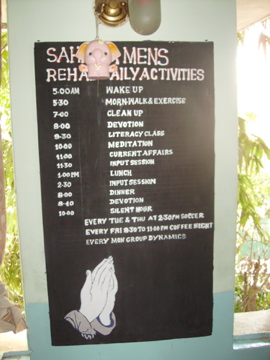
The Sahara Mens Rehab daily routine.
Heroine and hospitality.
One night I was woken up by the team bringing in a young man who had relapsed and had come out of emergency recovery for a heroine overdose. He needed peace and quiet and attention. Neville asked if I could give up my single mattress for this guy, watch over him for the first night of his stay, in case he needed anything from a glass of water to emergency medical care. Mercy is not the preserve of the health care professional, it is in the hands of those willing enough to let them get them dirty. Neville had a natural empathy with the despised of society. I often witnessed men from across India, Africa and Middle East, where drug usage is seen as a social leprosy find their way to Sahara to get clean. How they travelled I have no idea, but travel they did, and they always found acceptance. These were the sort of business trips I enjoyed and valued. Hotel rooms are such bland places, nothing bland on the floor of Sahara House.
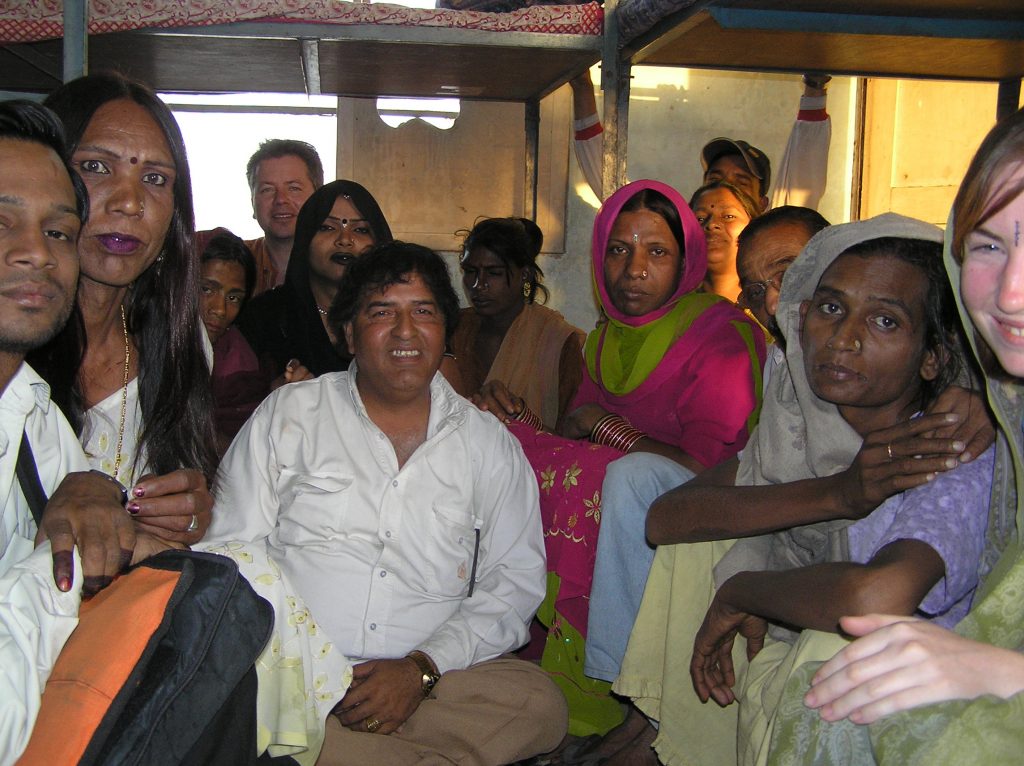
Some of the Hijra and out reach workers based in the Sahara safe house in East Delhi 2006.
Compassion in condemnation.
In East Delhi, Neville and Sahara worked with the Hijra or transgender community. A social caste that I experienced to be extremely vulnerable, despised, hated, persecuted, misunderstood. This transgender community was riven with HIV, drug abuse and addiction. Harrowed by self hate and the dream of being true to themselves. I will never claim to understand the complexity of the challenges faced by the Hijra, that is only something they can speak to themselves. Yet alongside the stigmatisation, I witnessed a tenderness, love, care and deep compassion for one another and others. They watched over the dieing – giving dignity in the final hours. They rescued the victims of fundamentalist conservative violence that nightly stalked the streets of East Delhi. They patched up those who administered self castrations and created a community of acceptance were there was no judgement over identity. I found in the deepest and forgotten corner of our world a little taste of the embrace of Jesus. One of the most powerful prayers of love and acceptance I have ever experienced was with the Hijra of East Delhi.
Neville inspired the best in people, he inspired me, to reach beyond the narrow constraints of a moral conservative culture. He inspired me to see God in the poor and to recognise I have much to learn from those that civilised society considered as untouchable and without value. At Sahara I learned the simple meaning of the eternal worlds ‘Blessed are the poor and humble, for theirs is the Kingdom of Heaven’.
Neville Selhore will be missed by many thousands of people throughout India and the world. Missed, but never forgotten. There are so many more stories that can be told of Neville that will be told by countless others over the coming years. Travel well my friend, glory awaits those who understand that to authentically follow Jesus is to learn to serve the poorest. I shall see you again at coffee night when I get there, just make sure it is not Nescafé.




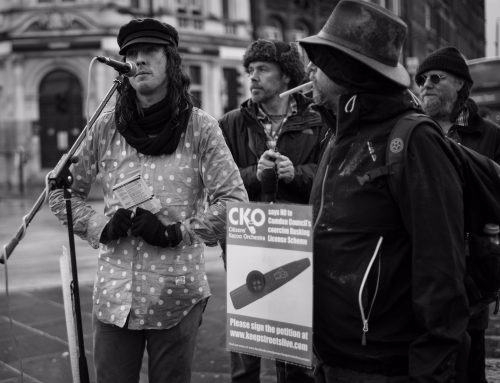
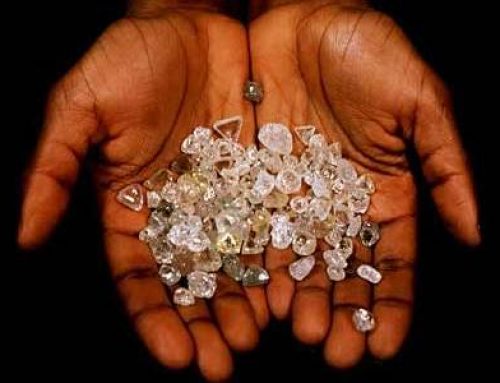
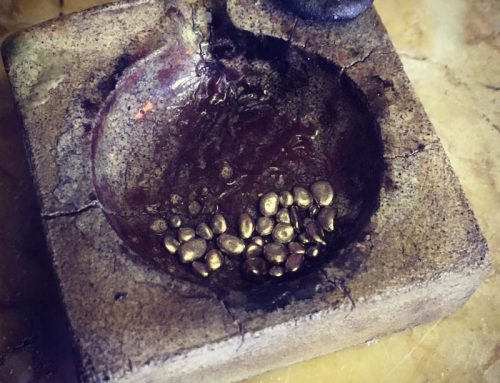
Leave A Comment
You must be logged in to post a comment.